By: Savannah Gulick, Archives & Rare Books Library Student Assistant
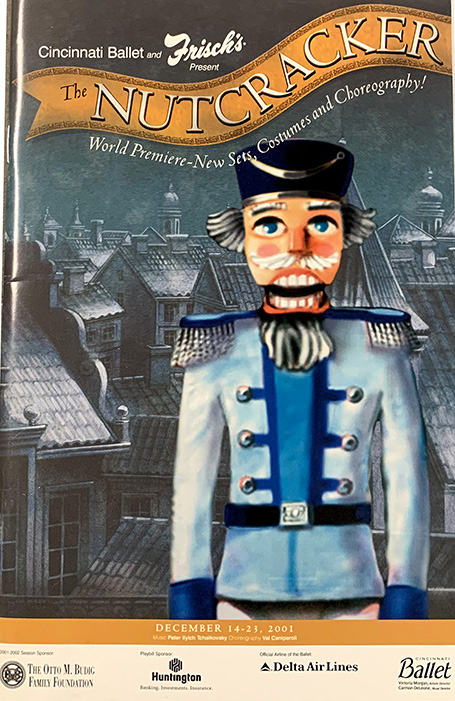 If you have lived around Cincinnati, most likely you’ve heard of Cincinnati Ballet, more specifically Cincinnati Ballet’s annual Nutcracker performance at Music Hall. Every holiday season, the ballet company performs this classic and it truly is a breathtaking. However, there is so much more to the company than just the Nutcracker! For example, when it was founded in 1958, Cincinnati Ballet became the first ever company to exist west of the Alleghenies. It is a fascinating history of this local cultural institution and our holdings of its archive includes a wealth of photos of their productions as well as costume designs and choreography. This most recent accession includes programs for Carmen, The Nutcracker, The Come Together festival, and Swan Lake; costume sketches, choreography, and pieces for Swan Lake and the Nutcracker. The Archives & Rare Books Library holds the ballet’s records extending from 1960 to 2017. and this recent acquisition, accession number US-19-03, consists of 8.75 linear feet and covers 1991 to 2017. Earlier acquisitions in 2010, 2012, and 2016 have the accession numbers of US-10-03 and US-12-07, and US-16-02 and overall the collection consists of 40.32 linear feet of documents, posters,
If you have lived around Cincinnati, most likely you’ve heard of Cincinnati Ballet, more specifically Cincinnati Ballet’s annual Nutcracker performance at Music Hall. Every holiday season, the ballet company performs this classic and it truly is a breathtaking. However, there is so much more to the company than just the Nutcracker! For example, when it was founded in 1958, Cincinnati Ballet became the first ever company to exist west of the Alleghenies. It is a fascinating history of this local cultural institution and our holdings of its archive includes a wealth of photos of their productions as well as costume designs and choreography. This most recent accession includes programs for Carmen, The Nutcracker, The Come Together festival, and Swan Lake; costume sketches, choreography, and pieces for Swan Lake and the Nutcracker. The Archives & Rare Books Library holds the ballet’s records extending from 1960 to 2017. and this recent acquisition, accession number US-19-03, consists of 8.75 linear feet and covers 1991 to 2017. Earlier acquisitions in 2010, 2012, and 2016 have the accession numbers of US-10-03 and US-12-07, and US-16-02 and overall the collection consists of 40.32 linear feet of documents, posters, 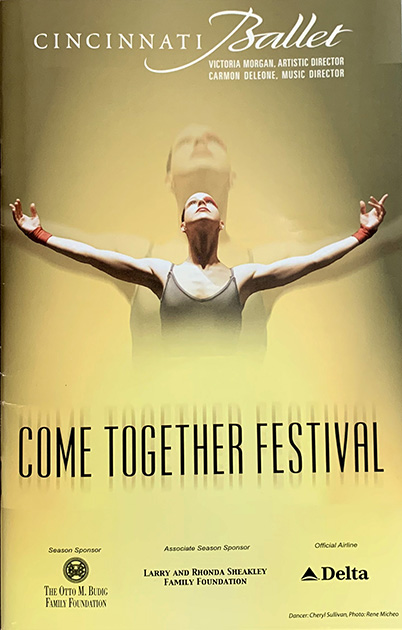 photographs, and programs. The finding aids for the earlier accessions, with details on the contents, can be found online on the UC Libraries Finding Aid website. ARB’s Suzanne Reller has been the contact person for the ballet and she assisted local arts writer David Lyman in his 2013 commemorative history, Cincinnati Ballet Celebrates 50: 1963-2013, from which many of following facts have been taken. The volume is available in ARB’s reference collection and has the call number of GV1786.C5 C55 2013.
photographs, and programs. The finding aids for the earlier accessions, with details on the contents, can be found online on the UC Libraries Finding Aid website. ARB’s Suzanne Reller has been the contact person for the ballet and she assisted local arts writer David Lyman in his 2013 commemorative history, Cincinnati Ballet Celebrates 50: 1963-2013, from which many of following facts have been taken. The volume is available in ARB’s reference collection and has the call number of GV1786.C5 C55 2013.


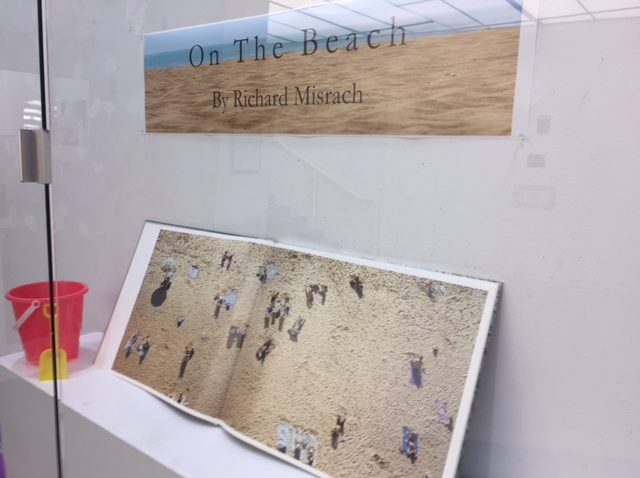
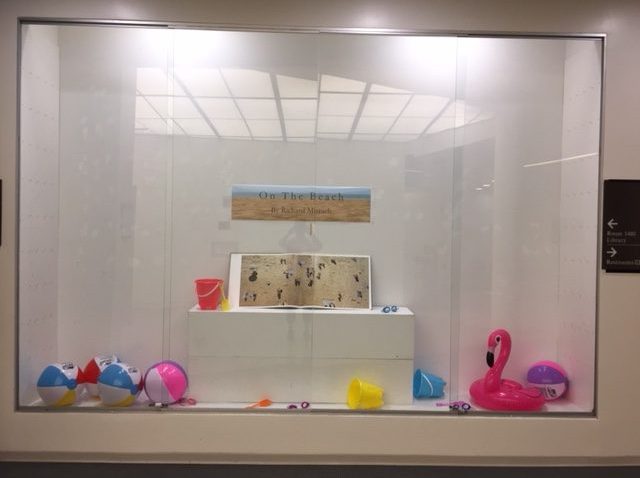



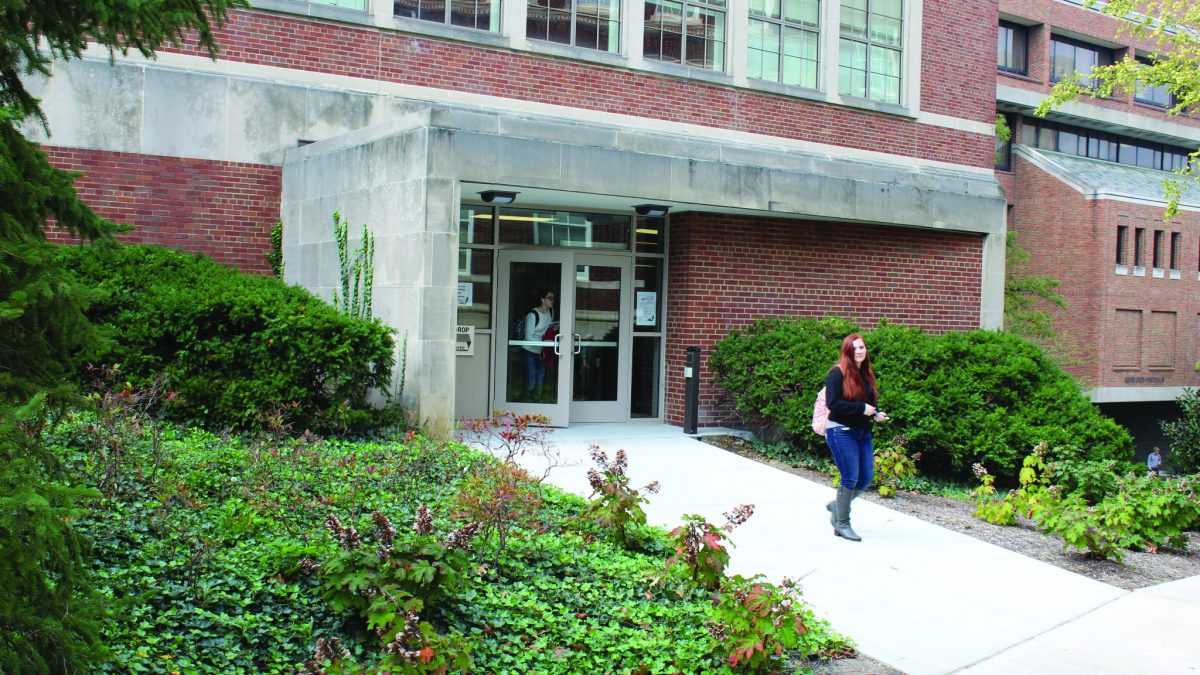 Starting July 13, the Geology-Mathematics-Physics Library is closed both Saturdays and Sundays for the remainder of the summer semester. Fall semester begins Monday, August 26.
Starting July 13, the Geology-Mathematics-Physics Library is closed both Saturdays and Sundays for the remainder of the summer semester. Fall semester begins Monday, August 26.
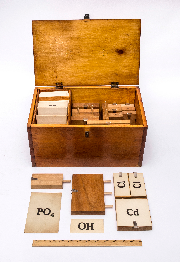
 UC Libraries will be closed Thursday, July 4 for Independence Day. This includes the Walter C. Langsam Library’s 4th floor, which will close Wednesday, July 3 at 11pm and reopen Friday, July 5 at 8am. Normal
UC Libraries will be closed Thursday, July 4 for Independence Day. This includes the Walter C. Langsam Library’s 4th floor, which will close Wednesday, July 3 at 11pm and reopen Friday, July 5 at 8am. Normal